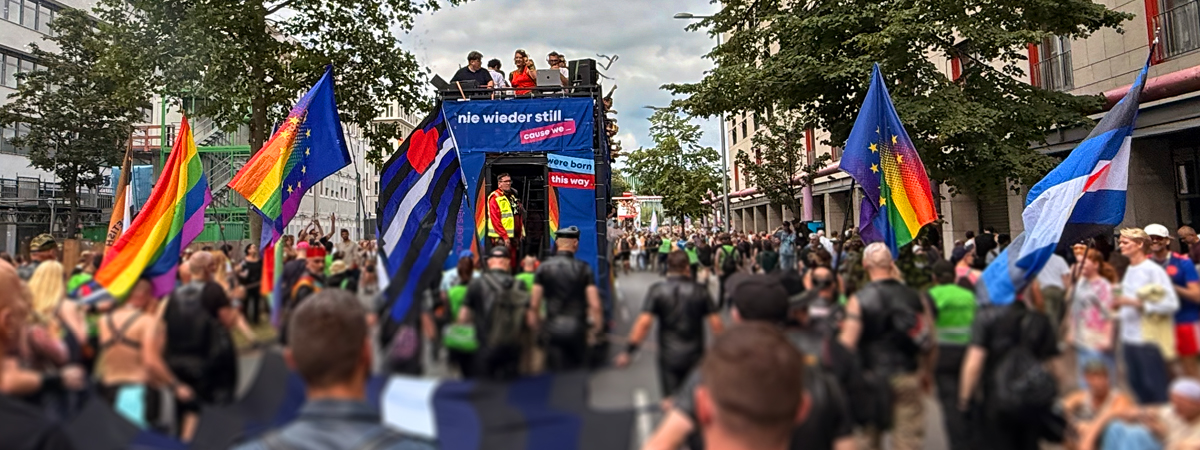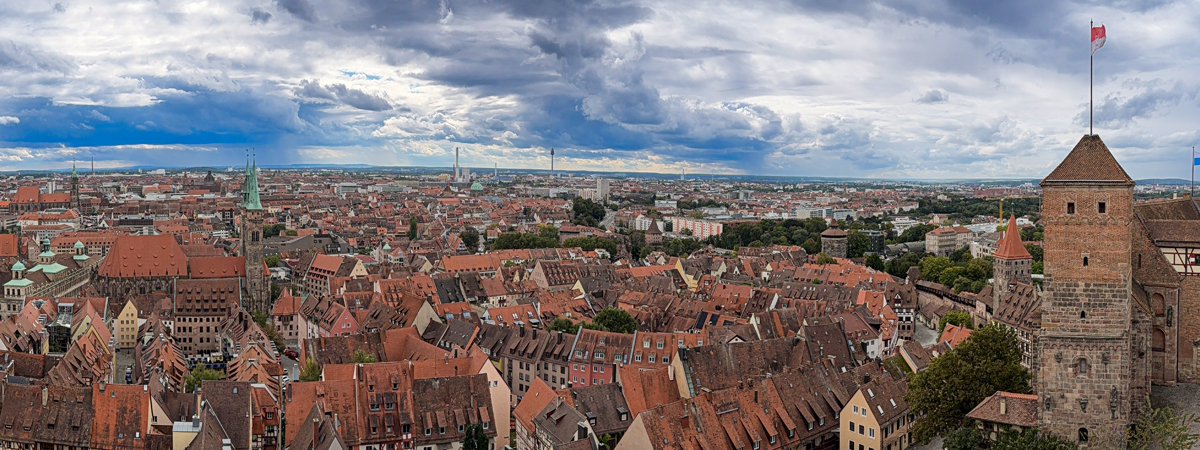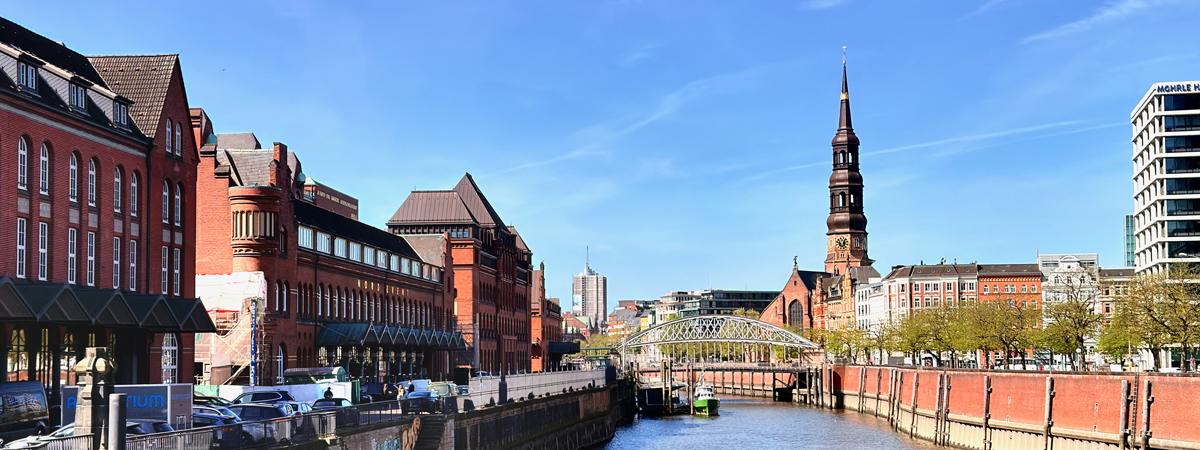Germany is one of Europe’s leading countries for LGBTQ+ rights, offering legal protections, marriage equality, and access to inclusive healthcare. Whether you’re relocating to Germany or planning a long-term stay, this post covers everything you need to know – from legal rights and marriage equality to healthcare options, community support, and living in Berlin as an LGBTQ+ individual. We’ll also discuss navigating cultural differences and finding resources to help you thrive in your new home.
Same-Sex Marriage in Germany
Same-sex marriage has been legal in Germany since 2017, thanks to the Marriage for All law (Ehe für alle). Married same-sex couples have the same legal rights as heterosexual couples, including adoption.
Important: Germany does not recognize online marriages (like Utah Zoom weddings). If you married abroad, get an apostille and certified translation of your marriage certificate.
Transgender Rights and Gender Self-Determination
Germany passed the Self-Determination Act in 2024, making it easier for trans and non-binary people to update legal documents:
- No psychological evaluations or court approval needed
- You can change your name and gender marker through a simplified process
If possible, complete your legal gender change before moving, to avoid extra bureaucracy.
Anti-Discrimination Laws
Germany protects LGBTQ+ people from discrimination in:
- Employment
- Housing
- Public services
While major cities like Berlin, Cologne, and Hamburg are known for inclusivity, smaller towns can be more conservative.
LGBTQ+ Healthcare in Germany
Germany has universal healthcare, with public and private insurance:
Public health insurance covers hormone therapy, gender reassignment surgery, HIV treatment, and PrEP.
Private insurance may have restrictions, so check carefully.
Tip: Many LGBTQ+-friendly doctors are listed on Queermed Deutschland.
Refugee and Asylum Rights
Germany recognizes persecution based on sexual orientation or gender identity as grounds for asylum. However:
- Claims may be denied if you arrived from a “safe” EU country.
- ther visa options may still be available, such as employment or freelance permits.
LGBTQ+ Life in Berlin and Beyond
Berlin is considered Germany’s most LGBTQ+-friendly city, with:
- Diverse communities
- Dedicated medical providers
- Strong protections
Other cities like Munich and Hamburg also have vibrant scenes, but experiences can vary.
Final Thoughts
Germany has become a safe and progressive destination for LGBTQ+ people. From marriage equality to inclusive healthcare, you’ll find support to live authentically.
If you’re planning your move to Germany and need help with visas, insurance, or settling in, get in touch – we are here to help you feel at home.
Watch our webinar on this topic.



